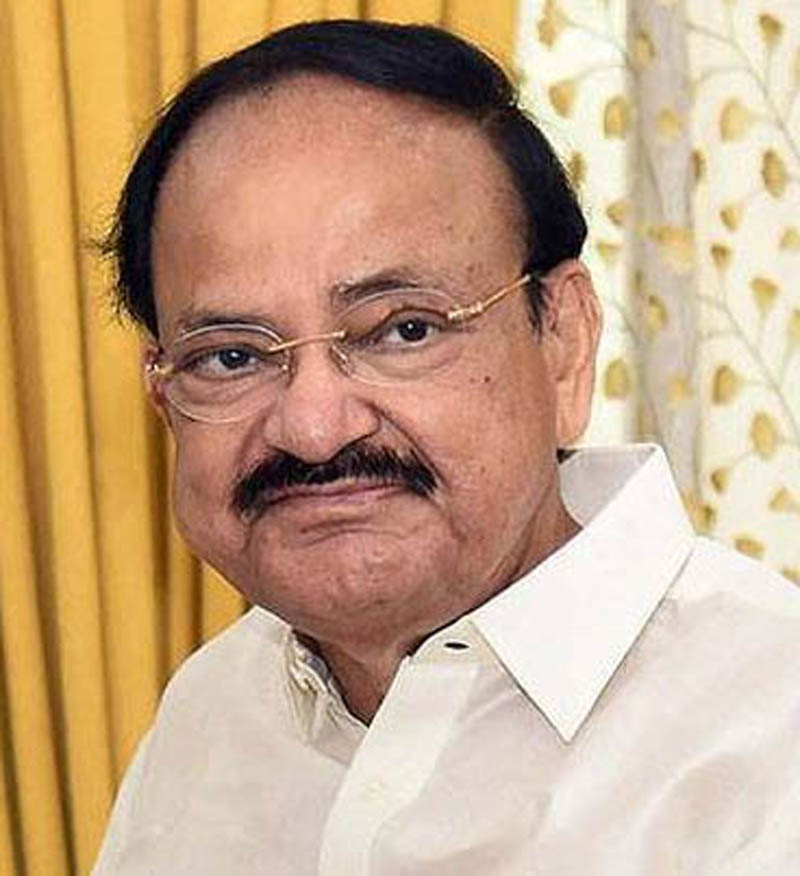NEW DELHI, May 13:
The Opposition through its sheer numbers has had an upper hand in the Rajya Sabha for 39 of the 68 years, but this has not adversely impacted making of laws for the country, says Vice-President M Venkaiah Naidu.
Since the first sitting of the Council of States on May 13, 1952, the composition of the House has undergone substantial change over time with the Opposition having upper hand in terms of numbers for 39 of the last 68 years, but this had not adversely impacted making of laws for the country, even as other concerns have emerged, writes Mr Naidu in a Facebook tribute.
Mr Naidu, who also holds the position of Rajya Sabha Chairman, recounts the journey of the House on Facebook on the occasion of the 68th anniversary of the first sitting of the Upper House Wednesday. In 1954, the Council of States acquired its Indian name of Rajya Sabha.
“The mode of elections to and tenures of Rajya Sabha and Lok Sabha are different. This could lead to a situation of the Government of the day having majority as required in the Lok Sabha and not having the numbers in the Rajya Sabha. This is what had happened over the years,” he notes, adding that while this had happened for the first time during 1968-70, it remained so at a stretch for the last 31 years, he says.
Tracing the evolution of the Rajya Sabha, Mr Naidu states that it is turning out to be more and more a deliberative body having spent 33.54 per cent of the time of the House on discussing issues of public importance during 1978-2014; 41.42 per cent during 2005-14 and touching a high of 46.59 per cent during 2015-19.
The Upper House held 5,472 sittings and passed as many as 3,857 Bills till the Budget session this year even as it asserted it’s independence on some occasions — a reference to three Joint Sittings in 1961, 1978 and 2002 when the Rajya Sabha rejected the Dowry Prohibition Bill, 1959, the Banking Services Commission (Repeal) Bill, 1977 and the Prevention of Terrorism Bill, 2002 respectively. The then Government had majority in the Upper House in 1959. (UNI)


